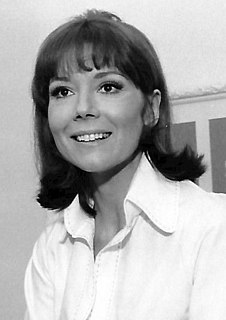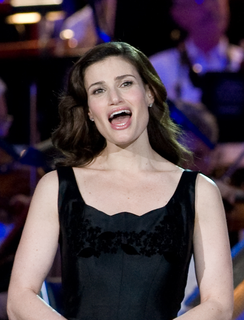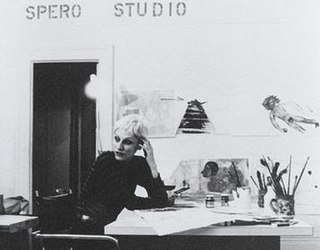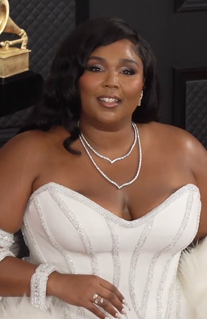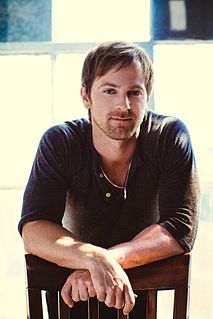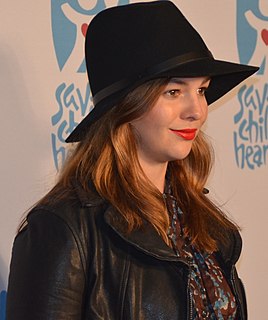A Quote by Zoe Kazan
Maybe this is a way of gaslighting myself, but I think of it this way: In certain circles, my grandpa was considered to be one of the seminal directors of the 20th century. I'm never going to be that. So I might as well do whatever I want.
Related Quotes
D-Day represents the greatest achievement of the american people and system in the 20th century. It was the pivot point of the 20th century. It was the day on which the decision was made as to who was going to rule in this world in the second half of the 20th century. Is it going to be Nazism, is it going to be communism, or are the democracies going to prevail?
I guess maybe my art can be said to be a protest. I see things a certain way, and as an artist I’m privileged in that arena to protest or say publicly what I’m thinking about. Maybe the strongest work I’ve done is because it was done with indignation. Considering myself as a feminist, I don’t want my work to be a reaction to what male art might be or what art with a capital A would be. I just want it to be art. In a convoluted way, I am protesting- protesting the usual way art is looked at, being shoved into a period or category.
So when it comes to being a role model to women, I think it's because of the way that I feel about myself, and the way that I treat myself. I am a woman, I treat myself with respect and I love myself, and I think that if I'm holding myself to a certain esteem and keeping it real with myself, then that's going to translate to people like me.
I like doing everything - theater and film, radio and TV, comedy and tragedy. I love it all. And I've never really planned anything - I've always looked at my job in a rather simplistic way. It's like being a plumber. One day you might be fixing an early 20th century showerhead that requires real detailed work. The other day you might just be clearing a sewer. Both jobs are very different, but all the tools come out of the same box. That's the way I look at acting.
We're at a time now where there's a lot more "I'll do whatever it takes" attitude. I'm not going to say or do what you want me to say or do just because it might help me or be the politically correct thing to do to help my career. And that may have hurt me sometimes. I think about different collaborations that have been brought my way - it might have meant I'd get to be on TV to do certain things, but I've said, "No. It doesn't make sense. I'm not doing it." And other people might jump at the opportunity.
I don't particularly care about having [my characters] talk realistically, that doesn't mean very much to me. Actually, a lot of people speak more articulately than some critics think, but before the 20th century it really didn't occur to many writers that their language had to be the language of everyday speech. When Wordsworth first considered that in poetry, it was considered very much of a shocker. And although I'm delighted to have things in ordinary speech, it's not what I'm trying to perform myself at all: I want my characters to get their ideas across, and I want them to be articulate.

